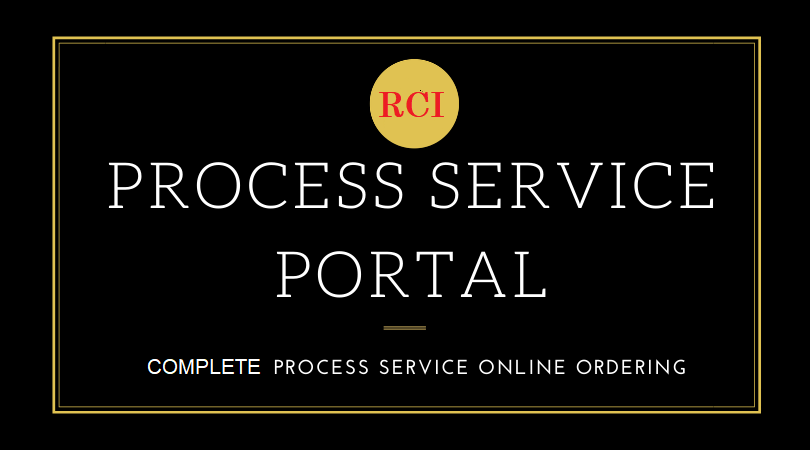What is identity theft?
Identity theft (also known as ID theft) is when someone uses another person’s personal information to commit fraud, steal credit, or other crimes. Information an identity thief looks for includes:
- Full name
- Telephone number
- Place and date of birth
- Physical address
- Email address
- Credit card information
- Bank statements
- Social Security Number
- Passwords
- Computers
- Club memberships and hobbies
- PIN numbers
- Passport numbers
- Driver’s license number
Identity Theft Statistics
Every two seconds an American identity is stolen. The number of people affected by identity theft grew by 500,000 people, from 12.6 million in 2012 to 13.1 in 2013 with escalating losses as well. The state with the highest per capita rate of reported identity theft complaints was Florida, followed by Georgia and California.
Below is an infographic highlighting ID theft in America that you can view: http://www.pinow.com/investigations/identity-theft
Types of Identity Theft
Criminal identity theft: When a criminal accused of a crime claims another identity in order to escape the charges, they have committed criminal identity theft. The victim usually doesn’t realize their identity is being used until they receive a court summons or employers uncover the infraction on their background check. Even once it’s discovered, criminal identity theft is often hard and complicated to prove.
Financial identity theft: The most common type of identity theft, financial identity theft revolves around someone gaining economic benefits by using someone else’s information. This includes a variety of scams, including stealing credit card information or pretending to be someone’s bank in order to get information.
Identity cloning: In an identity cloning situation, a person assumes the identity of another in order to conceal their own. This might include illegal immigrants, debtors hiding from creditors, or people who may simply want off the grid. Since there are no obvious signs that your identity is being used in this way, this type of identity theft can potentially continue unnoticed indefinitely.
Medical identity theft: Medical identity theft occurs when someone claims to be someone else while seeking medical care. This involves using another person’s insurance information or card. Whatever treatment the identity thief seeks is then added to the medical records of the victim, which may lead to misdiagnosis later on or interrupt employment opportunities.
Child identity theft: This form of identity theft is when someone uses a minor’s identity for personal gain. A minor’s social security number is valuable because it doesn’t yet have information associated with it. This means an identity thief can establish lines of credit, obtain a driver’s license, or even buy a house using a minor’s identity. View:
How to Prevent Identity Theft
With the rise of the internet and the prevalence of social media, keeping your information private is sometimes difficult, but there are ways to guard yourself against identity theft:
- Never keep your Social Security card on you
- Keep all your physical records locked in a safe place
- Do not include your birthday, place of birth, or other personal information on social networking sites like Facebook or Twitter
- Use passwords often and vary them
- Stay up-to-date with your financial information
- Avoid public Wi-Fi and only use trusted internet connections
- Protect your PIN numbers, whether in the checkout line or over the phone
- When throwing away important documents, shred them
- Do not open unsolicited emails that promise benefits but request personal information
- Be wary of sharing information over the phone
Beware of Phishing and Smishing
Phishing is a scam in which scammers pose as banks, companies, or other legitimate sources in order to lure victims into giving up information via email. Smishing is similar except a phone call is used rather than an email. Usually, larger companies, like banks, will not ask for information using these methods. If you doubt the legitimacy still, call the number listed on the website to confirm.
Protect Your Computer
Install antivirus and firewall software and keep all your programs updated with security patches and other regular updates. Also, ensure your computer is password protected and don’t leave it alone in public. Hackers can use vulnerabilities in programs to view the contents of your computer and steal information.
Double Check Companies
Many criminals get information, not from their victims, but from the companies their victims do business with. Ask about privacy policies, as well as how your information is stored and used. Quality companies will be quick to share how they keep your data safe since they dedicate time and effort to make it that way.
Investigate Odd Snail-Mail Patterns
If your mail stops coming or if you start getting bills or statements from accounts you do not have, you may be a victim of identity theft. Some thieves redirect your mail to a post office box, where it is opened and sifted through for information. Your mail, however, is protected by federal law, so report evidence of tampering.
Cover Your Personal Information
When using ATMs, debit machines, or your identification cards, make sure that no one can see your card numbers or your PIN. Always know where your identification and credit cards are and stow them immediately after use.
Keep a Paper Trail
Keep track of receipts, bills, and other physical documents of your accounts and financials. If you do become a victim, these documents may be used as evidence in your case. View: https://www.youtube.com/embed/XuivHUoSyDI
How to Report Identity Theft
Act immediately upon experiencing identity theft. First, file the theft with the Federal Trade Commission (FTC) and receive an identity theft affidavit, which you will then take when you file the crime with the local police and get a police report. Together, these documents are your identity theft report and will be essential as you interact with creditors, banks, and any other companies through which you experienced identity theft. There are also other agencies in place for specific types of identity theft, such as:
- Long-term care identity theft: Report to the long-term care ombudsman in your state if the theft resulted from a stay at a nursing home or long-term care facility.
- Medical identity theft: Contact your health insurance company’s fraud department or Medicare’s fraud office.
- Tax identity theft: The Internal Revenue Service and your state’s Department of Taxation or Revenue are where you would report tax theft.
Additional resources include:
- Credit reporting agencies through which you can place fraud alerts or freezes on your accounts so that no one can apply for credit with your name or social security number. You can also receive copies of your past credit reports to be sure no theft occurred without your knowledge.
- State Consumer Protection Offices or attorney generals may offer resources to help you contact creditors, dispute errors, and more.
This may seem like a lot. Sometimes identity theft is hard to prove, even when you use the proper channels. A private investigator will have the experience and resources to help you through the complicated process.









